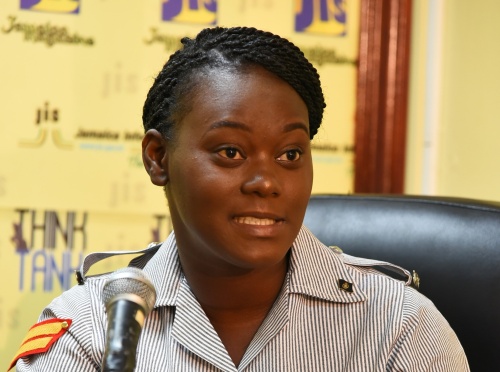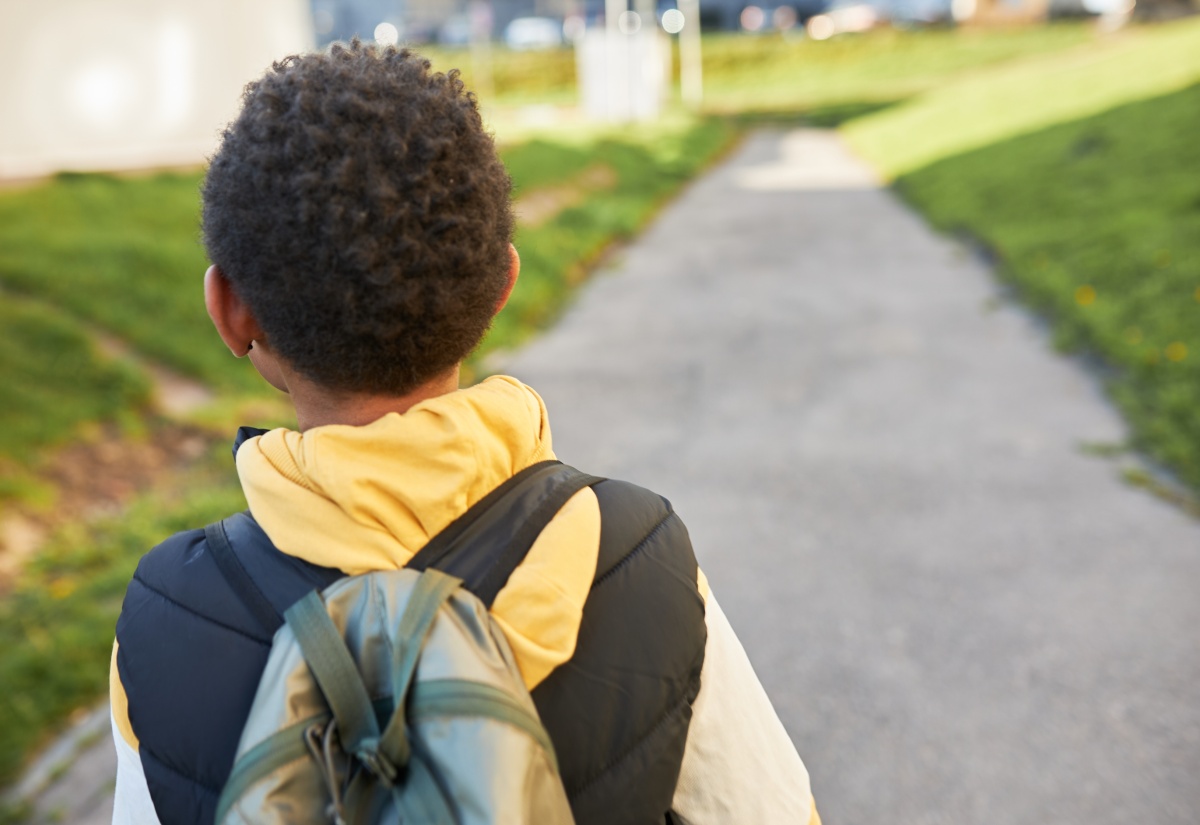JCF Calls on Public to Look Out for Children Travelling Alone
By: , August 27, 2024The Full Story
As the new school year is set to begin in early September, the Jamaica Constabulary Force (JCF) is urging the public to look out for children who are travelling alone.
Head of the JCF’s Social Media team, Sergeant Kayla Keane, told JIS News in an interview that there are various reasons why children travel alone, and adults should play their part by being good citizens and observe any unusual behaviours when they see them.
“It’s important for persons not to neglect nonverbal cues from children when they’re travelling alone. Sometimes you can see a child travelling alone and based on their behaviour, it can indicate to you that something is simply not right with them,” Sergeant Keane said.
“I have seen a child just wandering about looking dirty after school, and I said, what’s wrong? Where are you going? And the child was actually lost, so because I pay attention to the nonverbal cues, I was able to redirect the child in the direction that they should go, so that they could make their way home,” Sergeant Keane said.

In addition, she noted that misconceptions about children who travel alone can pose a challenge to their safety.
“Don’t make assumptions that based on the child’s age the child is mature. Age and maturity are not always congruent. Sometimes you have an older child who still has difficulties travelling alone, while I have seen some younger children who seem very knowledgeable about what they’re doing and they are finding their way with those challenges,” Sergeant Keane said.
“At all times we should always look out for children. If you see them travelling alone and you can assist in any way, please don’t be afraid to help, but the nonverbal cue is very important, because some children are shy, so they won’t come to you and tell you about the problem that they are having,” she added.


